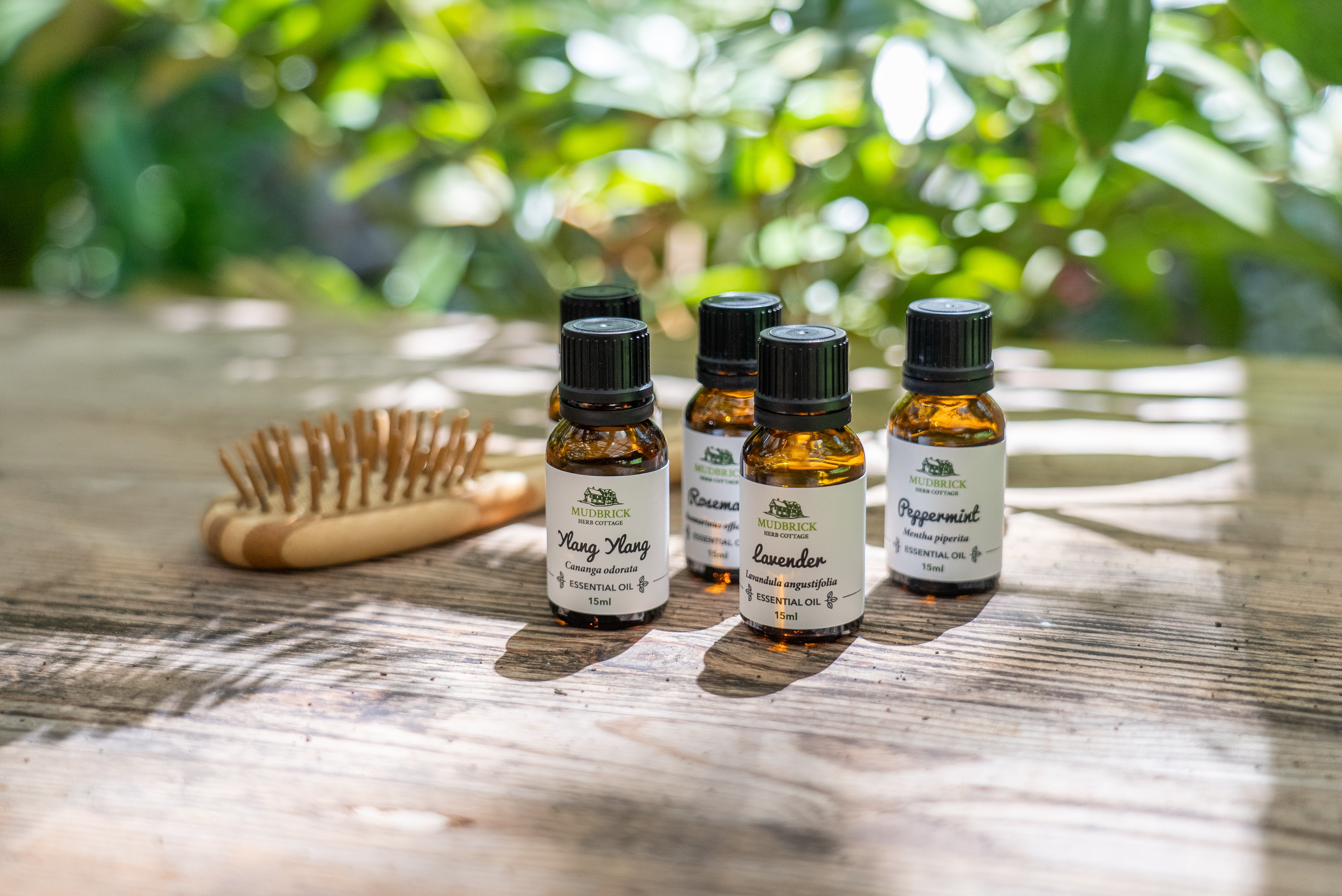Welcome to our informative article on essential oils.
In this piece, we will delve into the origins, extraction process certificate course in aromatherapy, science, benefits, and practical uses of these highly regarded oils.
By providing detailed and knowledgeable insights, we aim to empower our readers with the necessary information to make informed decisions regarding the incorporation of essential oils into their daily lives.
Join us as we explore the fascinating world of essential oils and unlock their potential for ultimate well-being and freedom.
:max_bytes(150000):strip_icc()/SPR-HOME-7-best-essential-oil-brands-4802506-dfa7df1b145e4a7bbc83ec09fc64d3c9.jpg)
The Origins of Essential Oils
The origins of essential oils can be traced back to ancient civilizations such as Egypt, where they were used for medicinal and aromatic purposes aromatherapy course. The history of essential oils dates back thousands of years, with evidence of their use found in ancient texts and artifacts.
In Egypt, essential oils were highly valued and were used in the embalming process, as well as for religious ceremonies and beauty treatments. The Egyptians were skilled in the art of extracting essential oils from plants through methods such as steam distillation and cold pressing. They recognized the therapeutic properties of these oils and used them to treat various ailments.
The knowledge of essential oils eventually spread to other ancient civilizations, such as Greece and Rome, where they were also valued for their medicinal properties.
The rich history of essential oils continues to influence their use and popularity in modern times.
Understanding the Extraction Process
During the extraction process, plant materials are carefully distilled to obtain the concentrated aromatic compounds.
There are various distillation methods used to extract essential oils, each tailored to the specific plant material being processed. Steam distillation is the most common method, where steam is passed through the plant material, causing the release of volatile compounds.
The steam and essential oil mixture is then condensed and separated, with the oil floating on top of the water.
Another method is solvent extraction, which involves using a solvent to dissolve the essential oil from the plant material. This method is often used for delicate flowers or plants that do not yield enough oil through distillation alone.
The solvent is then evaporated, leaving behind the concentrated essential oil.
Both distillation and solvent extraction ensure the preservation of the plant’s natural properties and fragrances, allowing individuals the freedom to experience the benefits of these precious botanical extracts.
The Science Behind Essential Oils
Essential oils are derived from plants through a process called distillation or solvent extraction. These oils contain the natural essence of the plant and are highly concentrated, making them potent and effective.
The chemistry of essential oils is complex and diverse, with each oil containing a unique combination of compounds such as terpenes, alcohols, esters, and phenols. These compounds interact with the body in various ways, leading to a range of effects.
When inhaled or applied topically, essential oils can have a direct impact on the body’s physiology and psychology. They can promote relaxation, alleviate stress, improve mood, and even support the immune system.
The effects of essential oils on the body are well-documented, making them a popular choice for those seeking natural remedies and alternative approaches to wellness.

Exploring the Benefits of Essential Oils
Derived from plants through distillation or solvent extraction, the natural essence of essential oils contains a complex and diverse combination of compounds that interact with the body to provide a range of benefits. Aromatherapy benefits are one of the main reasons people turn to essential oils.
When inhaled or applied topically, essential oils can stimulate the olfactory system, promoting relaxation, reducing stress, and improving mood. Some essential oils, such as lavender and chamomile, are known for their calming properties, while others like peppermint and eucalyptus have energizing and invigorating effects.
However, it is important to note that essential oils must be used with caution and essential oil safety should be prioritized. They are highly concentrated and can cause skin irritation or allergic reactions if not properly diluted or used in excessive amounts. It is advisable to consult with a qualified aromatherapist or healthcare professional to ensure safe and effective use of essential oils.
Practical Uses for Essential Oils in Daily Life
Practically integrating the therapeutic properties of plant-based extracts into our everyday routines can enhance our well-being and promote a more balanced lifestyle.
Essential oils, derived from various plants, offer a multitude of benefits that can be incorporated into our daily lives. One popular way to enjoy the benefits of essential oils is through aromatherapy. By diffusing these oils into the air, we can create a calming atmosphere, reduce stress, and improve sleep quality.
Additionally, essential oils can be used in DIY natural cleaning products, providing a safe and effective alternative to harsh chemical cleaners. Lemon and tea tree oils, for example, have natural antibacterial properties and can be added to homemade cleaning solutions.
Conclusion
In conclusion, essential oils are highly concentrated plant extracts that have been used for centuries for their various therapeutic properties. They are extracted through different methods such as steam distillation or cold pressing.
The science behind essential oils lies in their complex chemical composition, which gives them their unique aroma and potential health benefits.
From promoting relaxation and reducing stress to supporting respiratory health and boosting immunity, essential oils have a wide range of practical uses in daily life.
